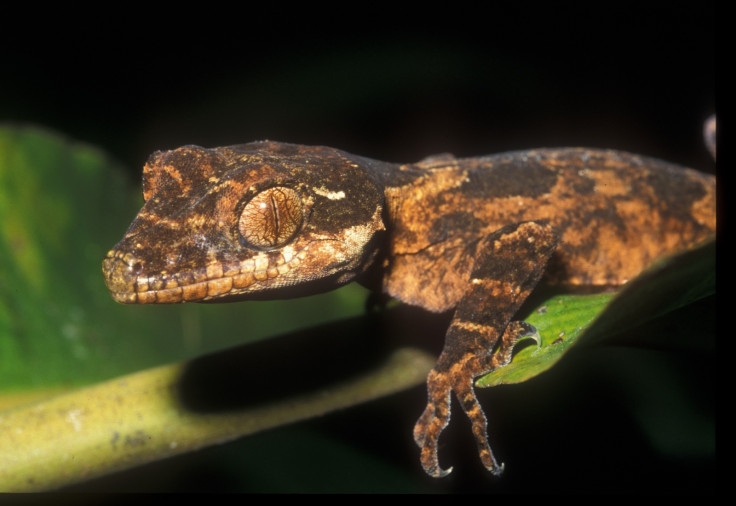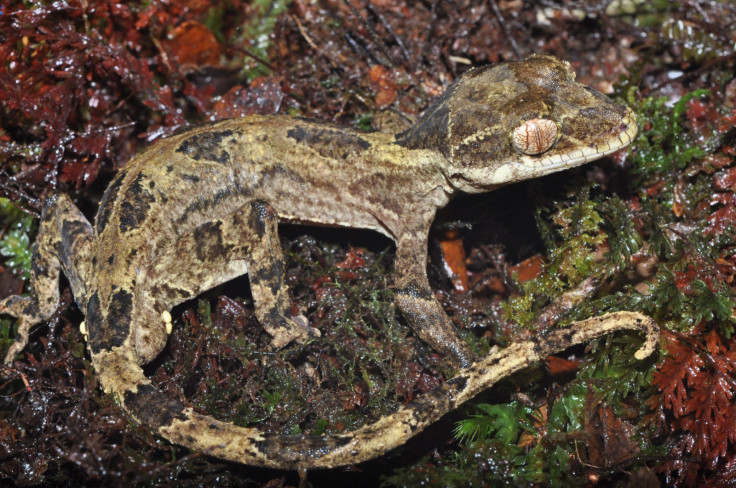New Guinea Geckos 'Evolving into Giants'

Geckos in New Guinea are evolving into giants, growing twice as big as their nearest relatives in South East Asia.
Published in the Royal Society journal Biology Letters, researchers from the University of Melbourne looked at the increasing body size of the trans-Wallacean lizard Cyrtodactylus serratus, a species of bent-toed gecko.
New Guinea is home to extremely diverse wildlife, with oddities such as the giant ground pigeon, tree kangaroos, and red-breasted pygmy parrot.
As well as a rich and diverse fauna, researchers also said that the absence of many animals common across most of the planet is striking. The island does not have mammals such as cats, monkeys, and squirrels.
The lack of predators has also been long known. New Guinea does not have many large mammal predators, with carnivorous marsupials being extremely small compared to most Australian species. The largest marsupial is the Bronze Quoll, which reaches just 36cm in length.

Researcher Paul Oliver explained that the lack of predators has allowed other groups of animals on the island to evolve differently from their nearby relatives – namely getting bigger.
Bent-toed geckos are widespread across Asia and Australasia. In New Guinea however, they are about 35cm long, or just over a foot – more than double the size of their closest relatives
The authors concluded this is potentially a direct result of reduced predation and competition predators in New Guinea.
"We analyse the evolution of body size in a widespread and exceptionally diverse group of gekkotan lizards (Cyrtodactylus) and show that a clade, which has dispersed eastwards and radiated in the Australopapuan region, appears to have significantly expanded its body size 'envelope' and repeatedly evolved gigantism," the authors wrote.
"This pattern suggests that the biotic composition of the proto-Papuan Archipelago provided a permissive environment in which new colonists were released from constraints operating to the west of Wallacea."
They said that while further study is needed to examine the bent-toed gecko lineages and their ecological shifts, "lowered competitive and/or predatory pressures in isolated and simpler insular biotas are the two most obvious potential hypotheses for these shifts in evolutionary trajectory."
© Copyright IBTimes 2025. All rights reserved.






















